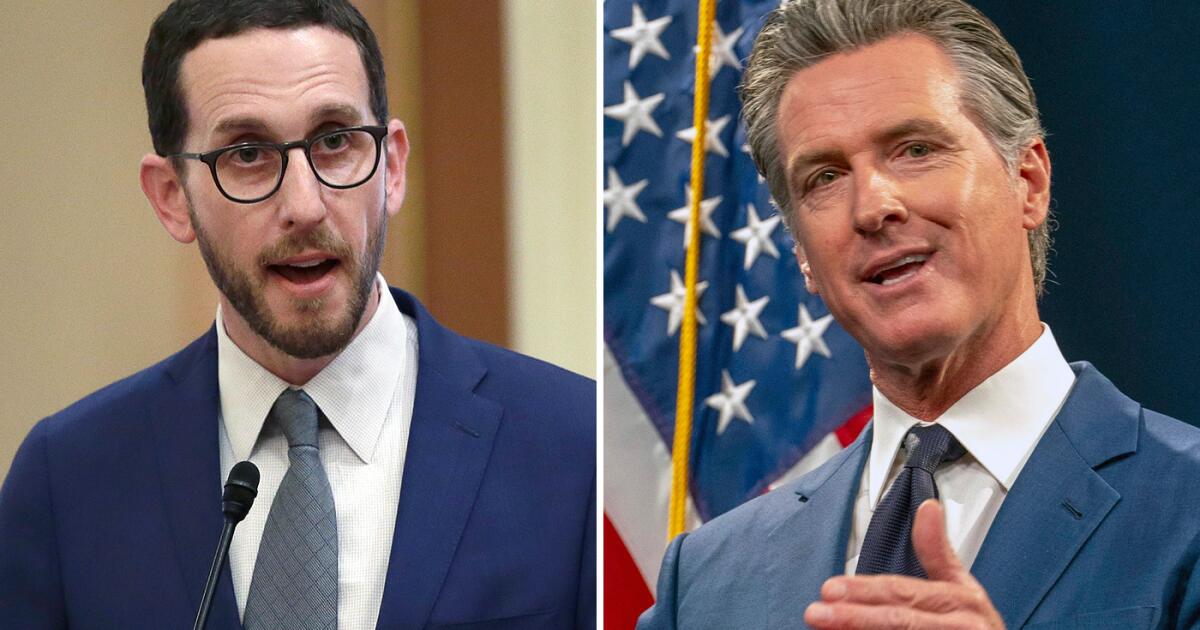On July 24, 2009, Congress increased the minimum wage to $7.25 an hour. It has not been raised since, despite President Joe Biden’s latest efforts to do so. That’s the longest span without an increase since the minimum wage was established in 1938.
There are a lot of reasons for Congress’s failure to get it done, as Rev. William Barber explained on NPR last year, much of it boiling down to Republicans and the larger political environment.
“[R]ather than putting a face on who’s actually being hurt by the lack of living wage,” he said, “we get lost in these culture wars like fighting trans people or fighting immigrants, which is all a distraction because the extremists who push all of that stuff, what they don’t want the public to know is that they are the very ones also blocking living wages and health care.”
The federal minimum wage is a floor—states can set the rate above that level. But plenty of states—mostly Republican ones—have refused to do so. There are 20 states that still have $7.25/hour as the minimum. People working full time at that wage earn just $14,500 per year. That’s well below the federal poverty level for a single-person household.
The median cost of rent has increased from about $800/month in 2009 to almost $1,200/month in 2024. Consumer costs have skyrocketed as well; what you could purchase for $1 in 2009, you’d have to pay $1.46 for today. A $50 bag of groceries in 2009 costs $75.34 in 2024.
Meanwhile, CEO pay increased more than 130% from 2009-2020. It rose nearly 13% just last year, and in 2023 the median pay package for CEOs was $16.3 million.
Biden and the Democrats tried to fix that in March 2021 in their major COVID-19 relief bill, the American Rescue Plan. They were foiled by an antiqued Senate rule.
When Democrats tried to overrule that and pass it through an amendment, this happened:
Yes, the infamous curtsey and thumbs down from Arizona Sen. Kyrsten Sinema. Just to grind all our noses in that, she made sure that Senate Minority Leader Mitch McConnell caught her little show.
It wasn’t just Sinema, a handful of others opposed it mostly on the grounds that they didn’t want to break the arbitrary ruling of the parliamentarian, also known as the in-house referee. As Vermont independent Sen. Bernie Sanders explained at the time, similar provisions that had a budget impact were included in the 2017 GOP tax scam, which was also a budget resolution. This was politics.
It was politics for Sen. Joe Manchin, who didn’t use the rules excuse, but voted against it because he doesn’t seem to think American workers are worth $15 an hour.
Here’s the good news: Manchin and Sinema will be history in 2025. And if the Democrats keep the Senate, the filibuster will be history, too.
A living minimum wage is in the cards. But that can only happen with a Democratic House, Senate, and Kamala Harris in the White House.
Let’s get it done. Match your support for a $15 minimum wage with your $15 donation to any—or all–of these candidates.
RELATED STORIES:
Democrats’ vision: Make the American Rescue Plan permanent, bring the country into the 21st century
Sen. Kyrsten Sinema cast a showboating vote against $15 minimum wage, then added insult to injury
Manchin and Sinema are poised to tank $15 minimum wage, so here come the insulting ‘compromises’

















.jpg&h=630&w=1200&q=75&v=20170226&c=1&w=120&resize=120,86&ssl=1)


